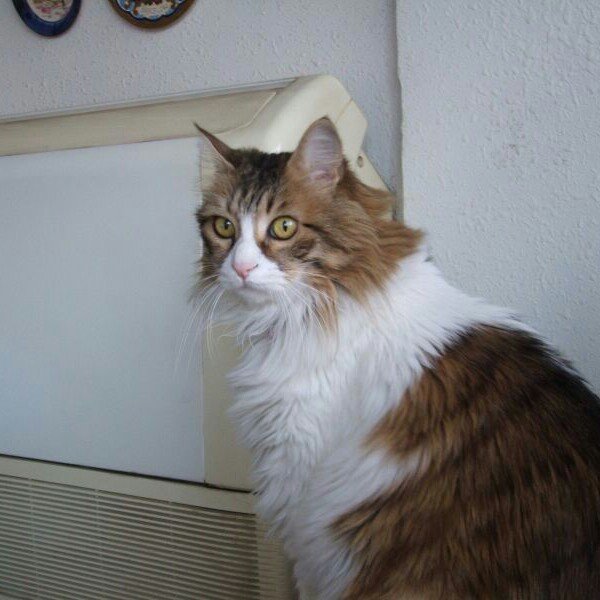- Joined
- Mar 6, 2013
- Messages
- 404
- Purraise
- 69
I will go against the flow and say that I liked Purina. I never had my cats experience a urinary blockage on Purina. One of my cats is 10 years old. I tried switching him to a higher protein (supposedly healthier cat food) and he blocked. I spent $600 saving his life.
My other cat, I put on Natures Variety LID turkey canned. He also developed struvite crystals, got an infection and I spent over $1000 on him alone. I had to remove the carpeting from my house due to the damage that food caused.
People can say canned food is better, that higher protein is better, but there is more to it than that. I read all of Dr. Pierson's website. Not once does she mention that methionine is an essential amino acid and that it needs to be included in cat food for urinary health. Dr. Pierson may have a Magnesium/phosphorus chart, but that is not going to fix the problem with urinary issues. You need to know the amount of methionine that is in the cat food to determine if it is safe for a cat with urinary issues.
I even tried homemade diets and my cat's urinary ph was too high. If I had continued to feed home-made, he would have developed crystals again.
If your cat is not getting enough water intake on kibble, add water on top of the food. Many rescues feed kibble to cats and manage to save lives. I don't think kibble is what is killing our cats. Obesity might if the owner overfeeds. Urinary blockages might if the food does not have enough methionine in it (or too much).
Kidney failure is tentatively linked to vaccines but it still has not been proven yet.
Too much focus on the food, causes people to over look other issues.
My other cat, I put on Natures Variety LID turkey canned. He also developed struvite crystals, got an infection and I spent over $1000 on him alone. I had to remove the carpeting from my house due to the damage that food caused.
People can say canned food is better, that higher protein is better, but there is more to it than that. I read all of Dr. Pierson's website. Not once does she mention that methionine is an essential amino acid and that it needs to be included in cat food for urinary health. Dr. Pierson may have a Magnesium/phosphorus chart, but that is not going to fix the problem with urinary issues. You need to know the amount of methionine that is in the cat food to determine if it is safe for a cat with urinary issues.
I even tried homemade diets and my cat's urinary ph was too high. If I had continued to feed home-made, he would have developed crystals again.
If your cat is not getting enough water intake on kibble, add water on top of the food. Many rescues feed kibble to cats and manage to save lives. I don't think kibble is what is killing our cats. Obesity might if the owner overfeeds. Urinary blockages might if the food does not have enough methionine in it (or too much).
Kidney failure is tentatively linked to vaccines but it still has not been proven yet.
Too much focus on the food, causes people to over look other issues.








 . :nod:
. :nod:
